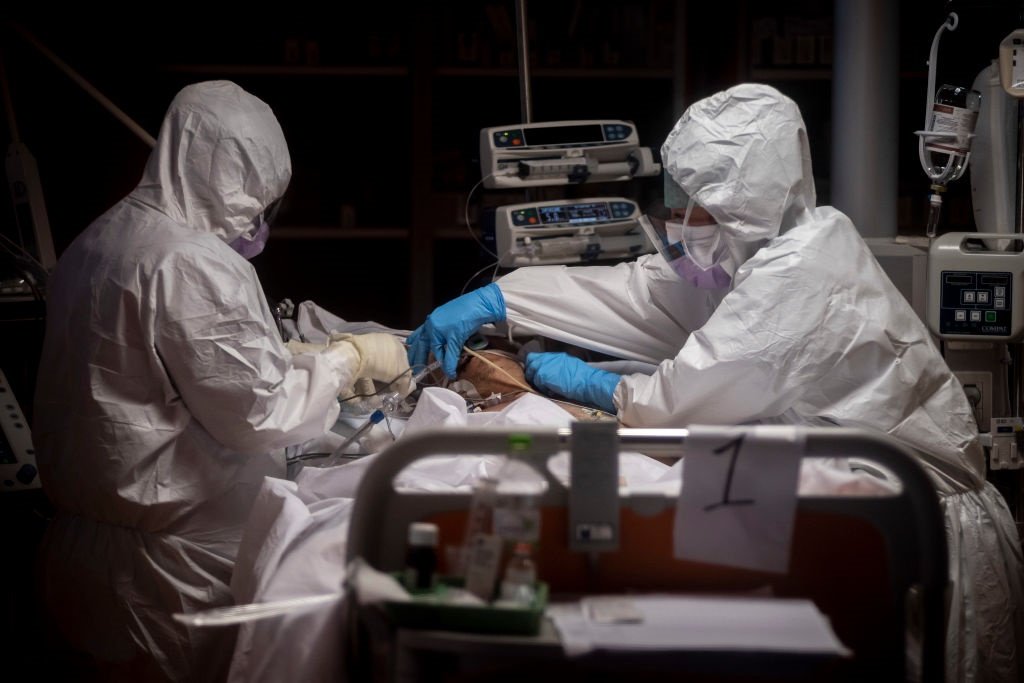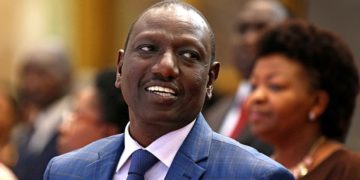[ad_1]

The country has 4 996 confirmed Covid-19 cases, with 185 497 tests conducted as of Tuesday, Health Minister Zweli Mkhize announced during a virtual briefing.
In addition, the Department of Health reported three more Covid-19-related deaths, bringing the number to 93.
“We are quite fortunate that we have a low mortality rate of 1.9%, and there are others with underlying conditions who have not passed away,” Mkhize said, adding hypertension and diabetes were among some of the common co-morbidities.
At the briefing, he was joined by his deputy, Joe Phaahla, provincial MECs and experts from the National Institute for Communicable Diseases, where they unpacked the country’s Covid-19 situational analysis and the way forward in a post-lockdown scenario.
‘Lockdown reduced exponential spread‘
Mkhize, who made a presentation that included the impact of the lockdown, said the department had reduced the exponential spread but not the spread of the virus.
He added the only risk of infection was now the internal spread which was based on person-to-person transmission or a cluster outbreak.
“The trend of Covid-19 is of a communal spread even though we have gone into lockdown – we believe that that aspect will continue.
“People need to understand the message of staying at home, putting on masks and hand sanitisation,” Mkhize said, adding the analysis of tests prior to and during the lockdown showed the number of tests was increasing and when the lockdown started, the rate of positivity started showing a slight decline.
“From the 6th of March to the 12th, we had about 43 tests done, the following week we did 700 and then it went up to 200, then 4 500.
“[From] the 3rd of April to the 9th, we increased the number to 6 200 in the private sector and in the public sector we had 1 700 – these numbers have continued to increase,” he said.
Mkhize added President Cyril Ramaphosa’s decision to ease the lockdown was based on scientific calculations.
Ramaphosa announced a risk-adjusted strategy on Thursday to allow for the phased re-opening of the economy.
“We are quite pleased with what has happened, at the point where the president says we need to ease it down, it is based on scientific projections [where] our calculations proved that there was not going to be a further benefit,” Mkhize said.
According to him, the model, which came to that conclusion, found “we need to start managing the lockdown going forward instead of continuing with it as it was”.
Mkhize added factors such as food and income security had come into play for the government when determining how to manage the outbreak and ensuring life was sustainable.
READ | Survey: A quarter of South Africans have no money for food during lockdown
He also addressed the issue of personal protective equipment, assuring people there was enough gear in stock.
“Our biggest ammunition on fighting the virus is technical professional training for healthcare workers on the frontline, and we are sure that there is adequate stock to share among institutions,” Mkhize said.
To date, the department reported, 135 healthcare workers have been affected by the virus, adding there was only one recorded death of a doctor in the Free State, who had a travel history, during the early days of the outbreak.
Mkhize also delved into the issue of doctors who cannot work during this period, saying some were not registered with the Health Professions Council of South Africa.
“Some of them are doctors who studied abroad and then returned to SA but have not been registered yet, and you need that to practice – that is a very difficult one.
“It is impossible to employ them until they pass these obstacles,” he said.

















